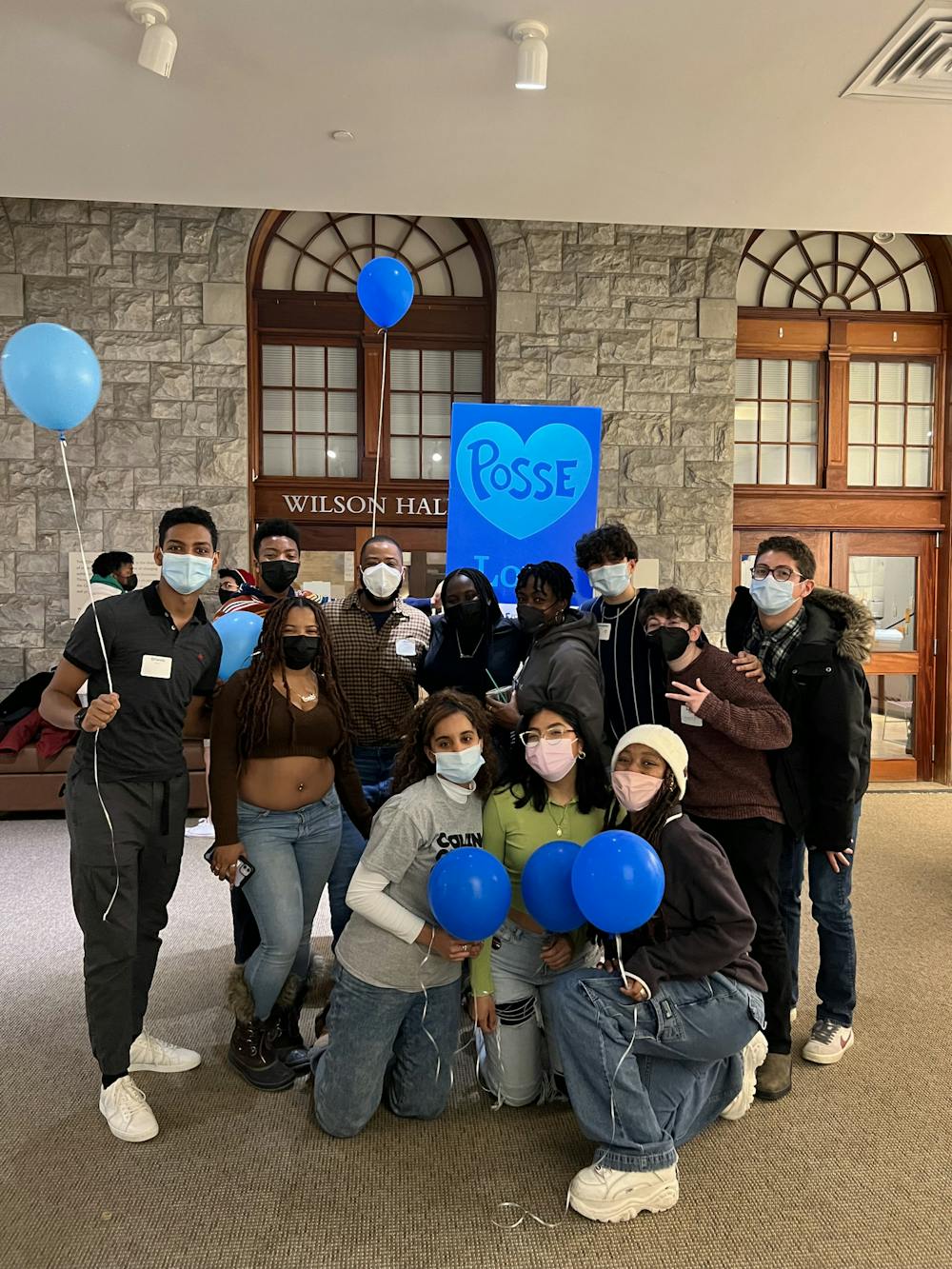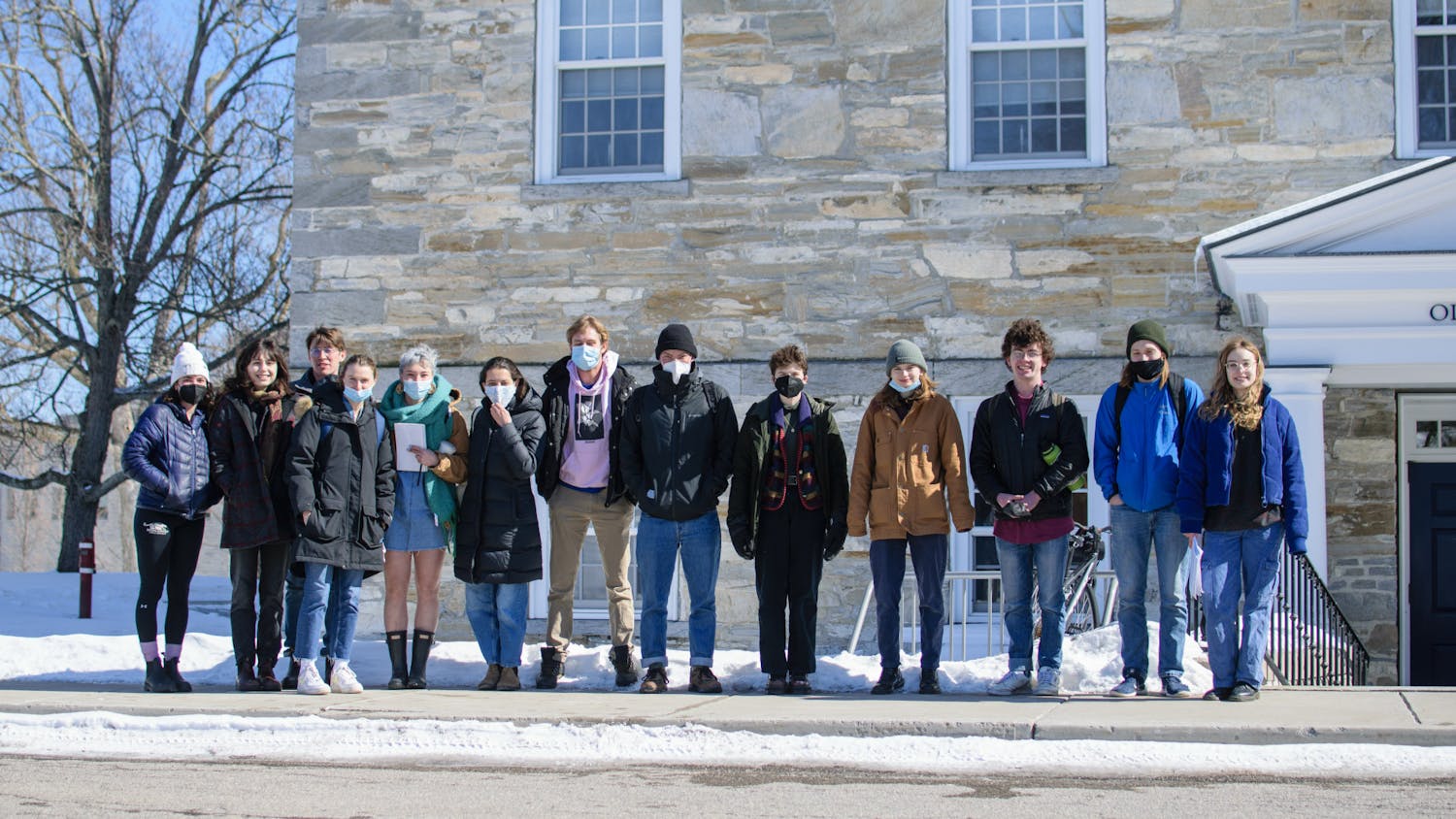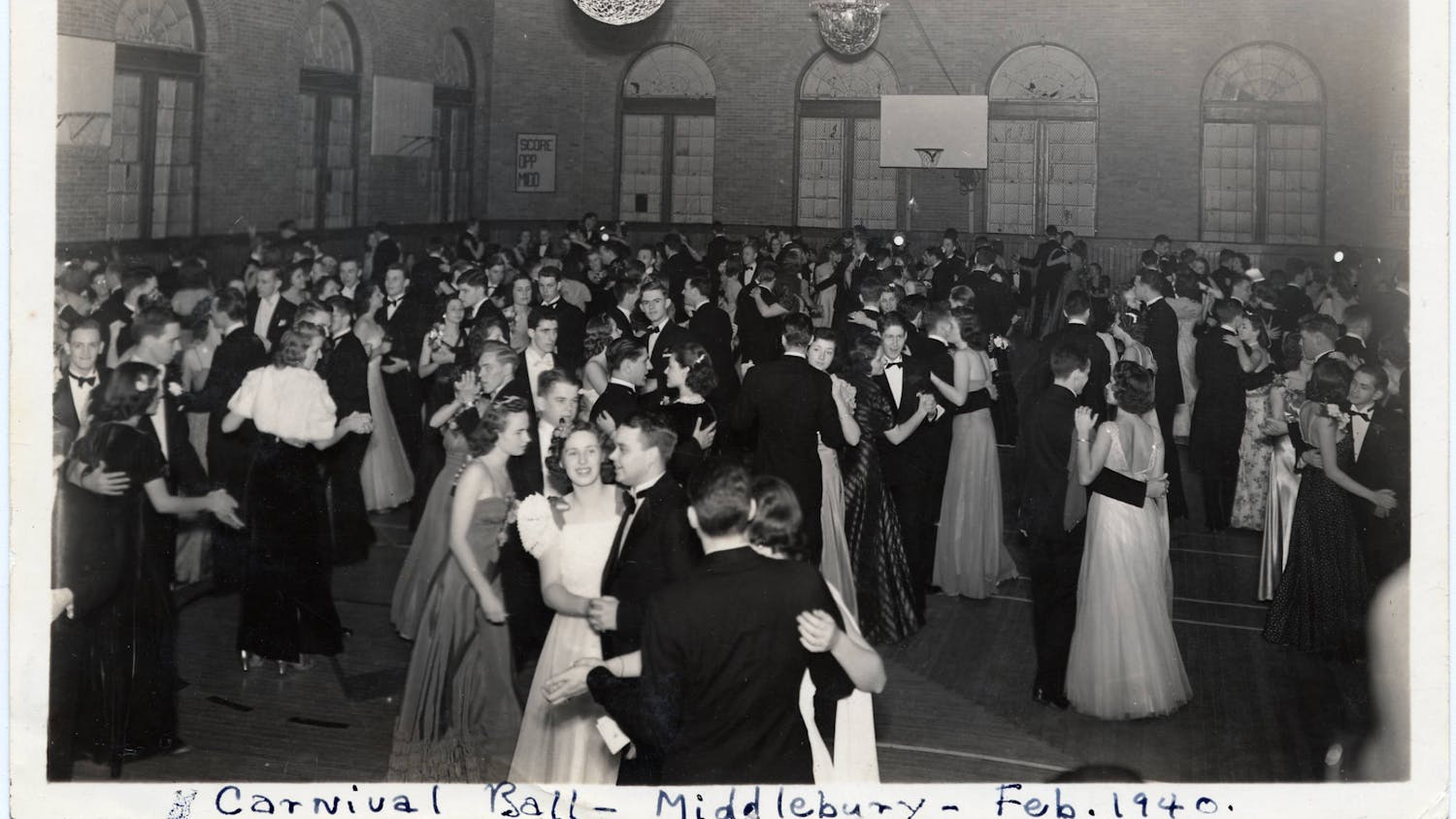It goes without saying that the pandemic involuntarily forced us into a state of isolation. Our focus has shifted from a community mindset to an individual perspective. Although technology and social media have made communication easier, they’ve also made interpersonal social-emotional check-ins less common.
For almost two years, we’ve lived in this gray area of cultivating a community without physically being together. As a result, many of us have forgotten about a core value of community: commitment.
On February 26, the Posse community had our annual Posse Plus Retreat (PPR). Our main focus throughout the session was “Calling on Community.” and more specifically, how to mend our community after a rift was created between us and our sense of belonging due to the pandemic. PPR is historically a weekend-long retreat that invites members of the student body, faculty and administration to engage in discussions about social, cultural and political issues on campus. This year, due to Covid-19 restrictions, the retreat was condensed into one day and held in Wilson Hall.
When we think of community, we normally think of the best ways a community can support our needs, but it's not always that we ask ourselves how we can support each other. This was the overarching goal of the Posse Plus Retreat: to learn how to mend our communities and find ways to connect with each other outside of classes and peer-led events. Jesus Pedroza, our morning speaker who was in Chicago Posse 10, said that “Posse is a commitment, promising and acknowledging the responsibilities we have with one another and providing the support that is needed.” This quote perfectly encapsulates the meaning of a Posse community and provokes the question: How can we expand this mindset beyond Posse?
PPR created a perfect environment for socializing beyond our natural comfort zones as we conversed vulnerably about our diverse identities and values. At the beginning of the session, I drifted toward my own Posse mates and refused to leave the boundaries of community because they make me feel safe and secure. However, I soon realized that by doing so, I wasn’t challenging myself or expanding my community efforts. It wasn’t until halfway throughout the day that I fully immersed myself into the experience and let myself be vulnerable in front of my peers. It was uncomfortable and awkward. I realized that I had been closing myself off emotionally throughout the pandemic, even though I thought I was becoming independent.
This experience of engaging with my peers allowed me to reflect on my values of community and participate in a healing moment by reopening myself to others. The effects of a strong community extend beyond any other support system, and it’s a vital component of gaining the most of our college experience.
I talked to Samuel Medina, a sophomore from the Los Angeles Posse, about the ways his community has supported him throughout his college journey. He commented that “it's easy to feel out of place and struggle in this new environment as a BIPOC student from a large metropolitan area, but this shared experience connects us all together.” He also expressed extreme gratitude for the opportunity to engage with his fellow Posse mates who share similar values and backgrounds as him, said, “I feel like I can be myself and express who I am because I know there are people who are there for me. Their drive and willingness to make a difference on campus energizes me to make a difference as well.” As part of the first-year NYC Posse, I’m able to empathize with Sam’s feelings. There have been countless times where I’ve experienced imposter syndrome whether that be because of academic or financial reasons. However, the Posse Plus Retreat reminded Samuel and I of the community we have supporting and rooting for us.
Jesus said it best: “Posse is an opportunity. Posse is also a way of life. The community within Posse is something so beautiful where everyone is motivated to see one another succeed.” I encourage you to attribute the Posse values to your own community settings and begin challenging yourselves emotionally, in order to grow and learn. This can manifest itself in different ways, whether it’s inviting a peer to sit with you at Proc, going to a professor's office hours or engaging with faculty on campus. This message is especially for BIPOC and first generation students on campus. We've overcome so much to get here, but to really thrive here, we need to support one another on a higher level. The pandemic has taken so much from all of us. In order to regain authority, we need to begin mending and healing as a community.
Sheila Camacho is a member of the Class of 2025.




